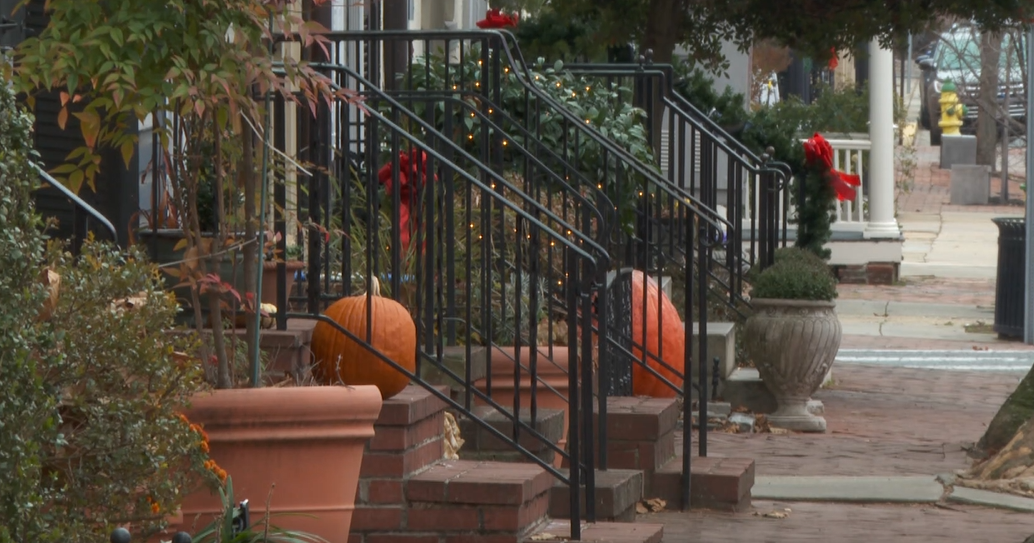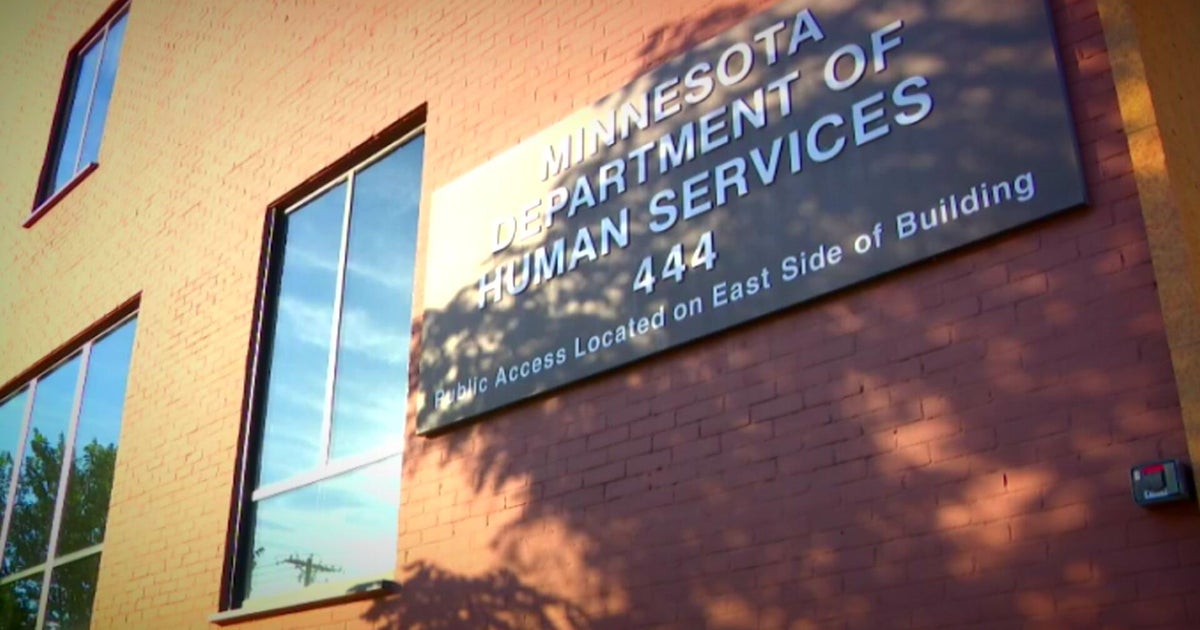NYC pauses fines for breaking new composting rules. Here's why.
Weeks after the New York City Sanitation Department started enforcing new composting rules, officials say they are pausing some of the fines.
Many New Yorkers have complained that figuring out how to compost under the city's rules was confusing, specifically with knowing which sanitation bin to use.
Mayor Eric Adams' office said in a statement that while composting is still mandatory citywide, "in an effort to facilitate even higher participation, we will conduct additional outreach and education on composting before issuing fines to the most persistent offenders who repeatedly refuse to compost."
The Sanitation Department said it issued over 3,500 citations since enforcement began April 1, after the citywide rules took effect last fall. But since then, residents and property managers have raised concerns about who is responsible for separating the waste.
Sanitation officials said they collected a record 3.8 million pounds of compost last week, and they will continue to educate residents about the program.
For now, buildings with more than 30 units that receive more than four warnings from the Department of Sanitation will still face $100 fines, the mayor's office said. Enforcement will be expanded to all buildings by the end of the year.
Councilmember suggests Adams could "gut the program entirely"
City Councilmember Shahana Hanif, who introduced the composting bill, said suddenly reversing enforcement of the mandate calls the entire policy's future into question.
"To suddenly pause without outlining what are the next steps here, it brings to question, will this administration gut the program entirely?" she said.
A spokesperson for the mayor said, "Make no mistake: Composting continues to be mandatory in New York City. Mayor Adams has led by example on this and composts daily."
"The reason that he's giving is that members of the public are confused. They're confused because you did not give us the resources," Councilmember Shaun Abreu, chairman of the Committee of Sanitation, said.
How to compost
The Sanitation Department says composting will help the city's fight against rats and benefit the environment.
The department collects all food scraps, food-soiled paper and yard waste, including:
- All food scraps, including meat, bones, shells, and dairy
- Prepared and cooked foods
- Greasy uncoated paper plates and pizza boxes
- All leaf and yard waste, including flowers and Christmas trees
- Products certified or labeled compostable
Some things not to compost include pet waste, medical waste, diapers and hygiene products.
Compost bin
Owners and managers of buildings with four or more units are required to have a designated storage area with clearly labeled compost bins.
Bins must be 55 gallons or smaller and have a secure lid. They can be lined with paper, clear plastic or compostable bags to keep them clean.
If you don't have a designated compost bin, you can use any bin of that size with a secure lid and order a free composting label from the Sanitation Department. You can also buy the brown bins online here.
Jordan Rossman has a compost bin outside his building in Astoria, Queens, but has yet to get on board with sorting his scraps.
"I don't have room in my kitchen for multiple garbage cans and time to sort the garbage, who does that?" he said.
Victoria Augustine has been composting long before the city mandate. She's glad to see her neighbors catching on.
"There were only maybe four places on this whole street. And now, everybody's doing it," she said.







